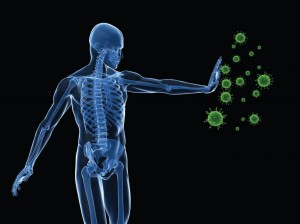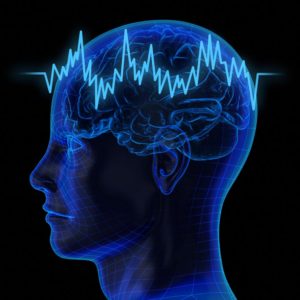Proceedings of the National Academy of Sciences USA 108, 18354–18359 (2011).; Doi: 10.1073/pnas.1109427108
Lin, W.-J., Su, Y.-W., Lu, Y.-C., Hao, Z., Chio, I.I., Chen, N.J., Brüstle, A., Li, W.Y. & Mak, T.W.
“Crucial role for TNF receptor-associated factor 2 (TRAF2) in regulating NFκB2 signaling that contributes to autoimmunity.”
An immune system signaling protein prevents autoimmune damage by preventing activation of the inflammatory response
The inflammatory response is an essential line of immune defense against infection. However, hyperactivation of this pathway, commonly observed in autoimmune disorders, can wreak considerable damage on otherwise healthy tissues.
A team led by Tak Mak at the University of Toronto in Canada has now revealed a regulatory mechanism that helps keep inflammation in check. They initially observed that rodents lacking both the signaling protein TNFα and downstream signaling factor TRAF2 exhibit hallmarks of autoimmune damage. Mak and colleagues subsequently performed experiments in which they transplanted bone marrow from these mice into immunodeficient recipient animals. These experiments revealed that the damage associated with TNFα-/TRAF2-deficiency could be mitigated by implanting marrow from animals that were also deficient in T cell production, suggesting that these cells directly contribute to the disease phenotype.
Upon closer examination, the researchers determined that TRAF2 stimulates a signaling cascade known as the NF-κB2 pathway, which contributes to T cell activation and the production of T cell subpopulations that specifically promote autoimmunity. Accordingly, inflammation could be constrained by reducing levels of NIK, a protein that acts as a ‘middle-man’ between TRAF2 and NF-κB2. By illuminating some of the complexity underlying the immune response, these findings may ultimately guide efforts to prevent autoimmune damage associated with some human diseases.






